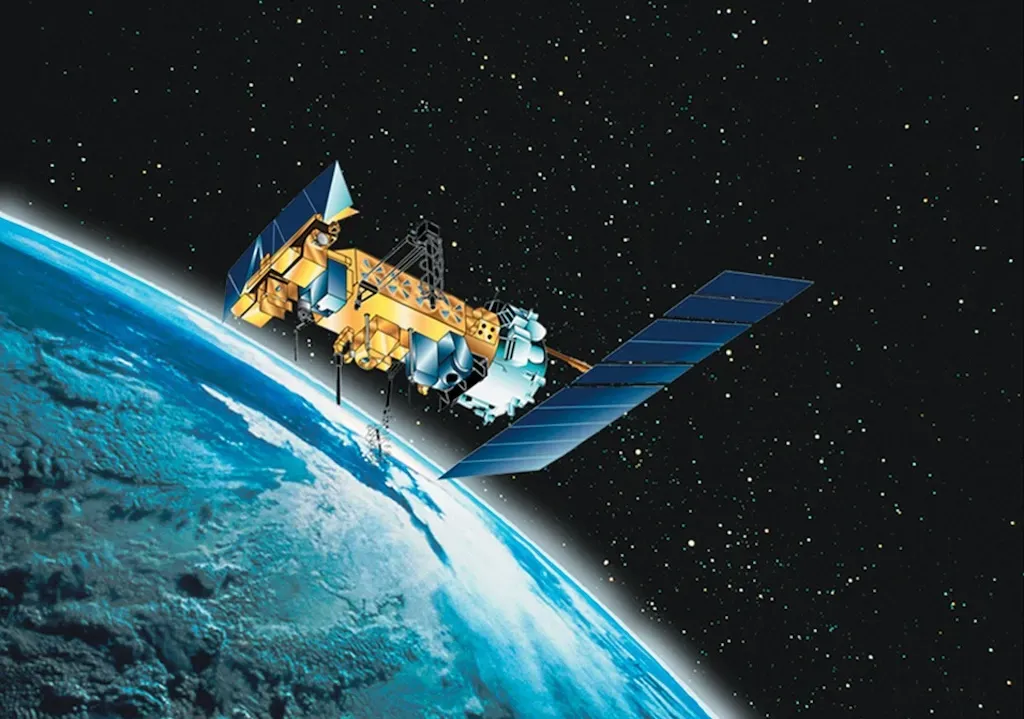Dish Files Petition for Reconsideration on SpaceX Testing
The company is concerned about interference in adjacent bands.
Jake Neenan

WASHINGTON, January 5, 2024 – Dish Network filed a petition for reconsideration of the Federal Communications Commission’s decision to allow SpaceX to test satellites for its cellular service with T-Mobile.
The partnership is intended to use SpaceX satellites to provide service to mobile devices on some of T-Mobile’s spectrum bands.
But Dish, in a Tuesday filing, is concerned about the potential for harmful interference in adjacent bands in which it operates its own satellite systems and asked the FCC to limit the number of satellites SpaceX can test, or to halt future testing altogether.
AT&T and the Rural Wireless Association, a trade group of small, rural wireless carriers, have also opposed the move out of fears that other systems could be interrupted. SpaceX applied to operate the service in May 2023.
Satellite-mobile company Omnispace met with Commission staff on December 11 to discuss an analysis that raised similar concerns. Dish submitted a letter signing onto Omnispace’s study and asked the agency to require further study on the potential for interference before fully authorizing the service.
The FCC granted SpaceX authorization on December 1 to test the radios on its satellites in the 1910-1915 megahertz and 1990-1995 MHz bands, known as the “G-Block,” but only for 10 days at a time.
The size of SpaceX’s fleet makes that limitation less effective at mitigating the effects of any interference, Dish said in its petition.
“When a system is authorized for 7,500 satellites, testing for each launch would effectively allow such operations for an astounding 75,000 days, the equivalent of two centuries,” the company said.
SpaceX, for its part, has said in filings that its software can quickly turn off individual satellites in the event of any interference with existing systems and has refuted Omnispace’s analysis, arguing the potential for such interference is low.
PCMag reported the Commission gave the company permission on December 14 to go further and conduct field tests with on-the-ground devices in 25 locations across the United States. SpaceX launched its first six satellites for that purpose on Tuesday and plans to “soon” begin testing, the company said in a release.
Dish and SpaceX did not respond to requests for comment.








